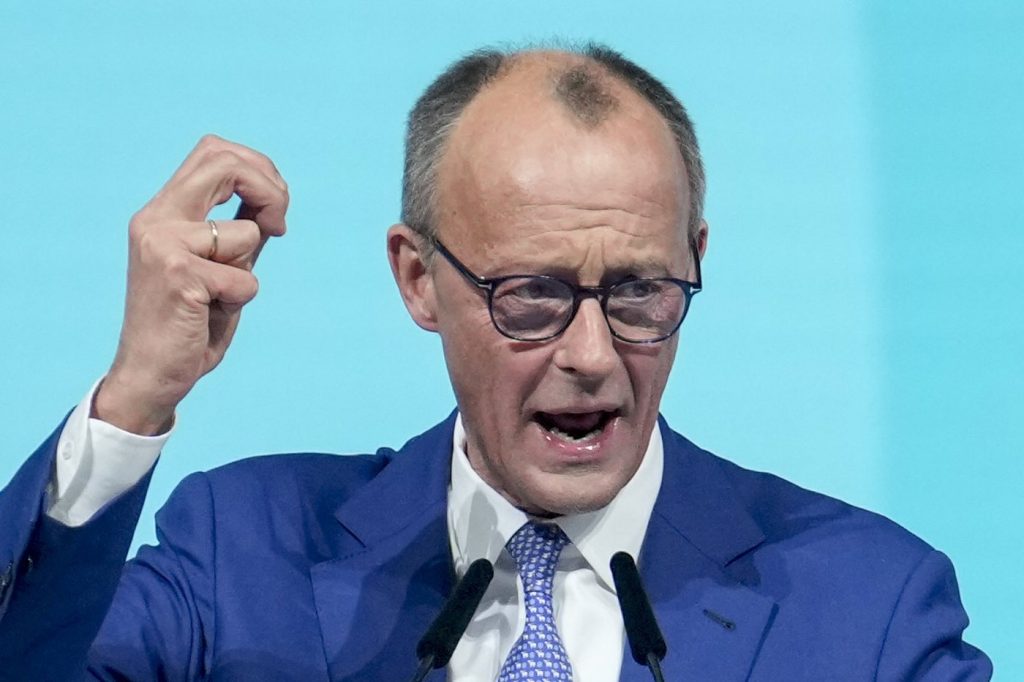In the lead-up to Germany's February 23 election, Friedrich Merz, the center-right opposition leader, emphasized that the far-right Alternative for Germany (AfD) is his "most important opponent." He asserted that his Christian Democratic Union (CDU) party would "never" collaborate with the AfD, amid backlash from critics following a controversial parliamentary motion he proposed to curtail migration at the border.
Merz's Union bloc has been leading in polls, but his recent actions have drawn significant criticism. His motion, which aimed to facilitate a stricter approach to immigration, passed narrowly with backing from the AfD. This unprecedented support sparked outrage from various political opponents and led to public condemnation from former Chancellor Angela Merkel, who previously led the CDU. Additionally, tens of thousands of demonstrators expressed their dissent in protests over the weekend.
In response to the criticism, Merz maintained that his stance on working with the AfD is unchanged. He emphasized that he did not and will not seek cooperation with the far-right party, which is currently polling second. Merz criticized the center-left governing coalition for their failure to consider changes to migration policies, holding them responsible for the deadlock. Speaking at a CDU convention, he declared, "I can assure voters in Germany very clearly of one thing: We will not work with the party that calls itself Alternative for Germany — not before (the election), not after, never."
Merz further condemned the AfD, stating that the party opposes the core values embraced by his party and Germany, including the nation’s Western orientation, the euro, and NATO. He asserted that the AfD is the primary adversary in the election, expressing a desire to diminish its influence. "We want to make it small again," he stated, reinforcing his intention to avoid any form of coalition that would include AfD support.
The governing parties have accused Merz of breaking his promise to refrain from allowing any measures to pass with AfD votes in the current parliament, which is characterized by a lack of clear majorities. Chancellor Olaf Scholz suggested that Merz can no longer be considered trustworthy regarding potential coalition arrangements with the AfD. Merz, however, has vehemently denied these allegations, stating, "We are being attacked, and there are protests against our policy, but it's important to hold our course" on migration issues.
The current political climate in Germany reflects deep divisions over migration policy and the rise of far-right sentiments. As the election approaches, the CDU's stance and Merz's commitment to distancing his party from the AfD will be scrutinized by both voters and political opponents. The outcome of the election could reshape Germany's political landscape, highlighting the ongoing struggles surrounding immigration and the influence of far-right politics in the country.










